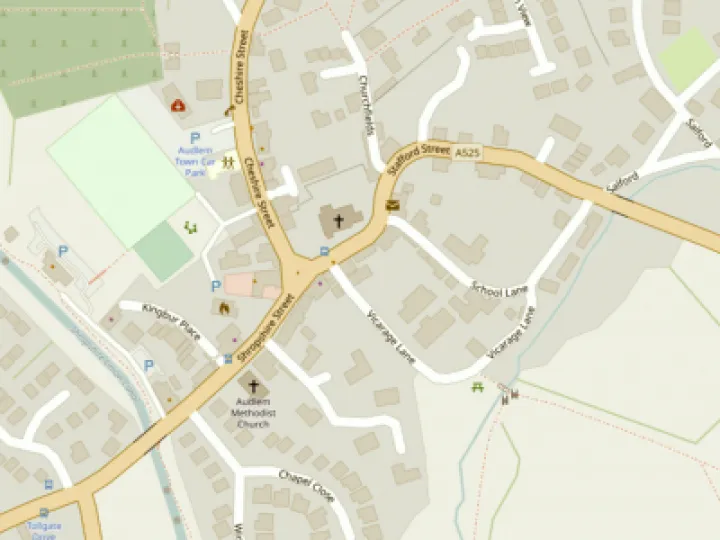ADHS History Shorts 34 by Dinah Andrew – After Waterloo





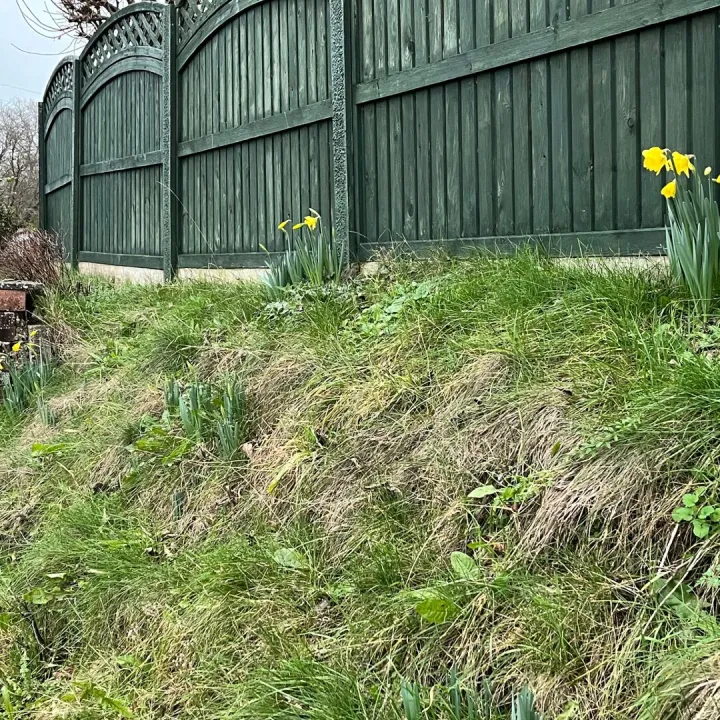


Audlem and District History Society
History Shorts 34 by Dinah Andrew
After Waterloo
There can be moments when the laws of time and place do not apply and the events of long ago become a present reality. I owe such an experience to a radio interview on a winter morning in 1959. A delightful lady who was well over 90 was being asked about her life and early memories. The names and locations I cannot recall but her clarity of description and enjoyment in recounting the stories made the broadcast memorable.
The lady spoke with great affection of her grandmother, who had delighted in speaking of her own childhood, when she had been one of a large family living in comfortable circumstances in a house in the country. The house had a curved drive with a large gate at the end. One of the ways that the children occupied themselves was to go to the gate and to look down the road to see if there were any travellers coming their way. They were forbidden to swing on the gate because of the danger but of course this was the favourite part of the entertainment.
Towards the end of the summer of 1815 a new and exciting element entered their gate-watching. From time to time they saw in the distance a red-coated man making his way along the road, sometimes very slowly, whom the children recognised as a soldier, one of those who had returned from Waterloo, been discharged and was now making his weary way back to his home. Many of them had the physical signs of wounds and the privations of war.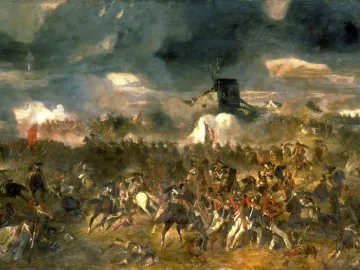
'Battle of Waterloo. 18th of June 1815' – Clément-Auguste Andrieux (1829-1880).
Public domain, via Wikimedia Commons
The children were told to report the sighting of a soldier immediately to Papa, even disturbing him in his study if necessary. On hearing the news, he would take a golden guinea out of a box on his desk where he kept them especially for this eventuality. The children were then sent to warn Cook of a possible caller before they returned to the gate. Their next duty was to speak to the soldier to ask him if he would care to go to the kitchen door where there was a meal for him and that Papa would like to see him. Papa emphasised to the children how grateful they should be to the soldiers who had helped to save England from the threat of invasion by Napoleon.
This idyll did not continue without mishap. One sad day when they were enjoying a swing on the drive gate, six-year-old Edward fell off and broke his arm. The trouble was not just his injury but the shameful deceit of the elder children who had disobeyed parental wishes. Sadly, as he was a very sensitive child and had been shocked by his fall, Edward developed 'a fever' and was ill for some weeks. When he was recovering, Mama decided that he could have the great treat of going in the carriage with her to Salisbury. This fair, gentle little boy sat proudly beside his mother and accompanied her as she did her business in the town.
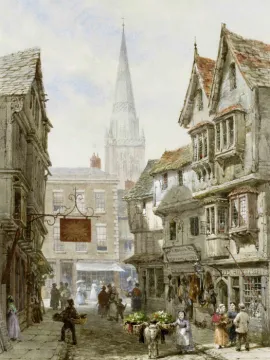
'Minster Street, Salisbury' c1870 – Signed Louise Rayner (1832-1924).
Public domain, via Wikimedia Commons
When they were preparing to return home a thoughtful Edward turned to Mama and asked her if she had noticed how people had been smiling at him and pointing him out. Mama had been aware that this pale, handsome child with his arm in a sling had attracted a lot of kindly interest, but did not want him to think he was special so she denied knowledge of any such favour. Edward was not to be distracted and assured his mother that he knew exactly what people had been saying to each other about him: "There goes someone who fought at Waterloo".
In recent years there has been a richness of personal material which has thrown light on the social history of the Great War and the 1939-1945 conflict, but thanks to the wonders of radio more than 60 years ago, I had a link with 1815. The lady speaking had heard the story from her grandmother, a child of that time. While telling a family anecdote she gave insights into the lives and feelings of people in the south of England in the Napoleonic period. I feel so fortunate to have listened in.
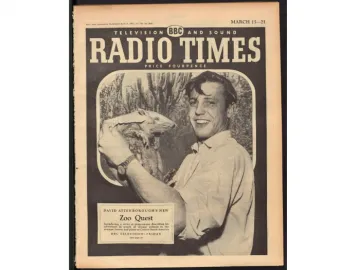
Someone else who provides a remarkable link across generations!
Radio Times, 15 March 1959
Get In Touch
AudlemOnline is powered by our active community.
Please send us your news and views using the button below:
Email: editor@audlem.org




